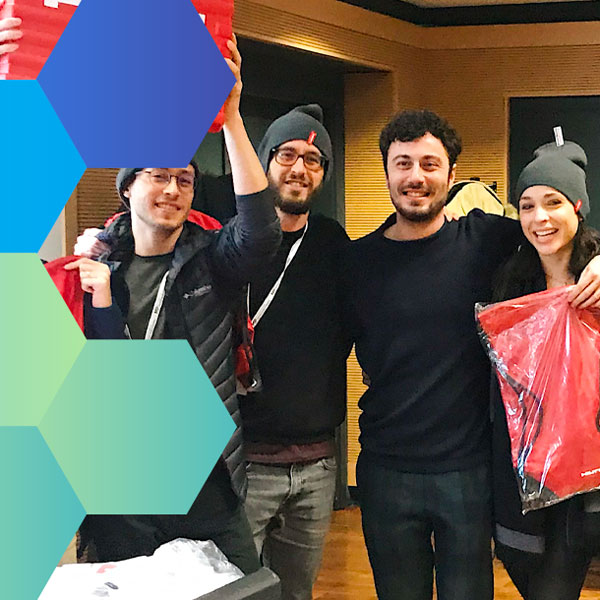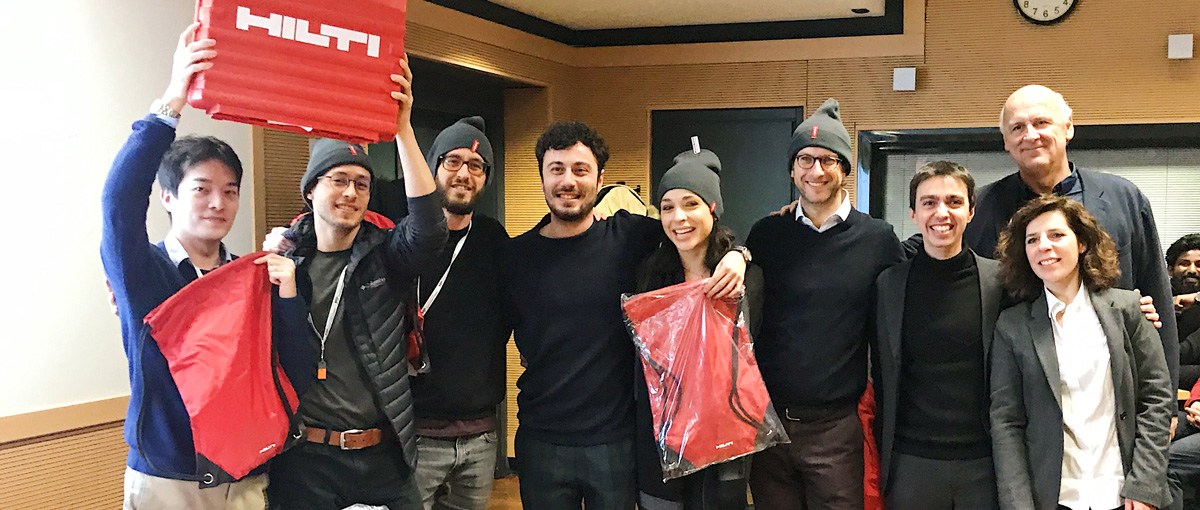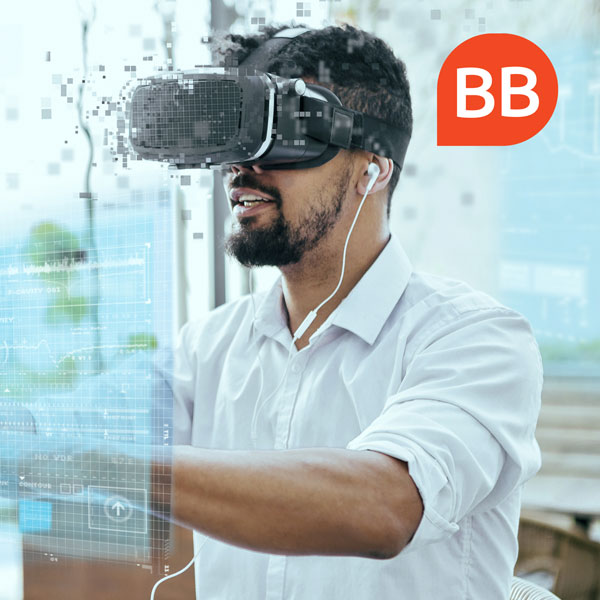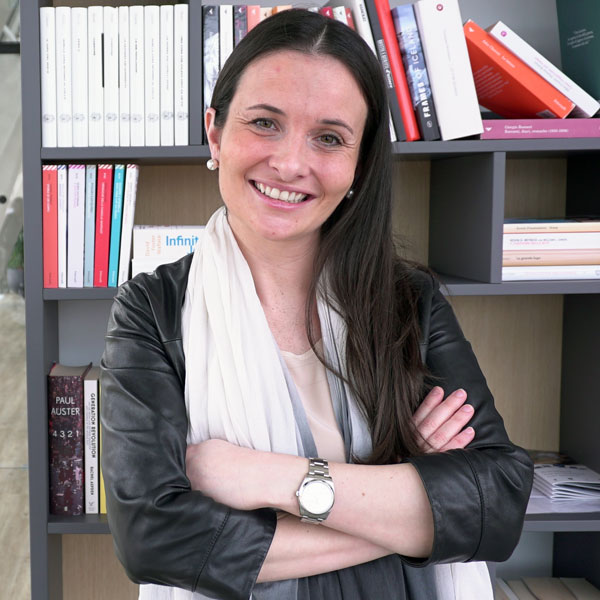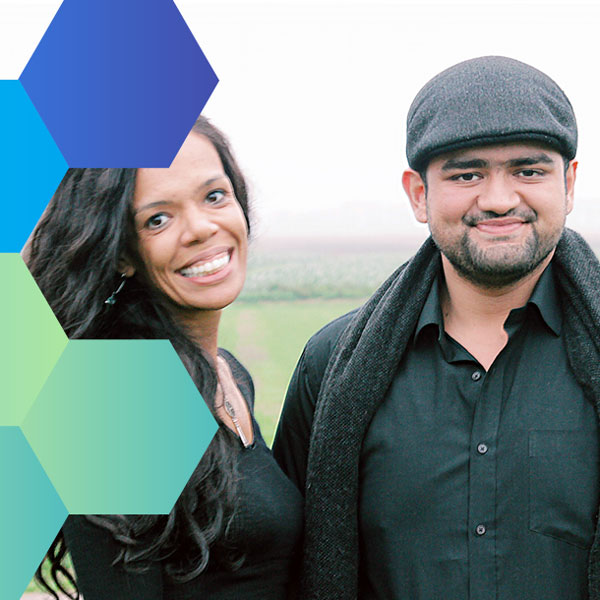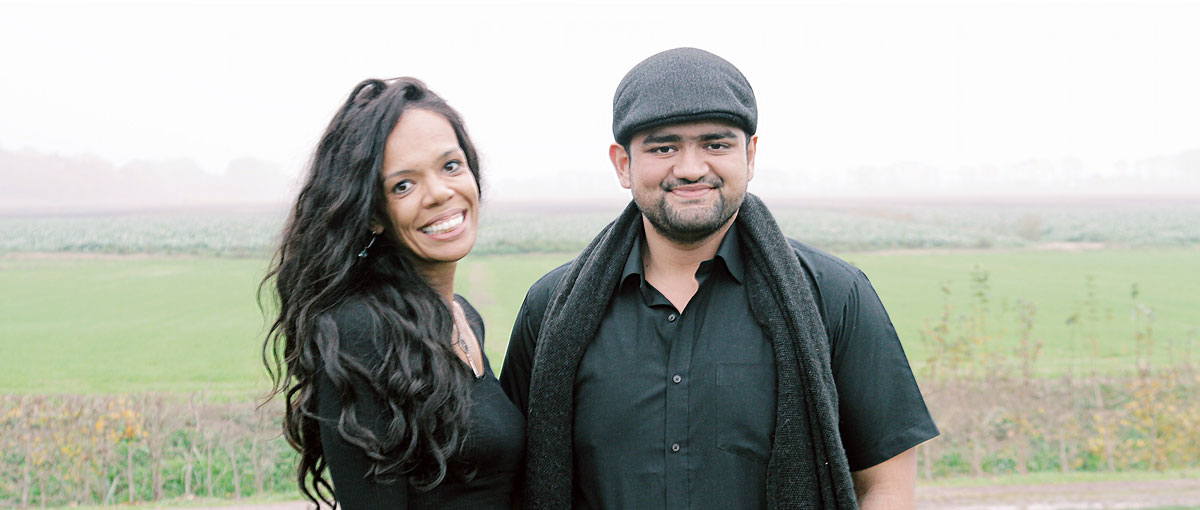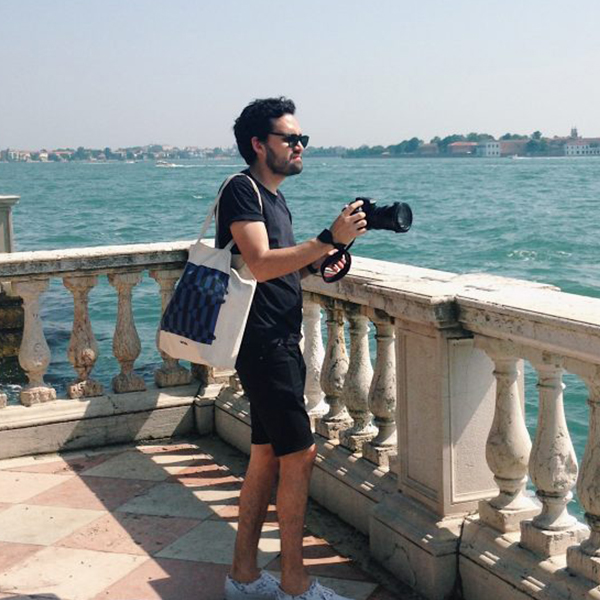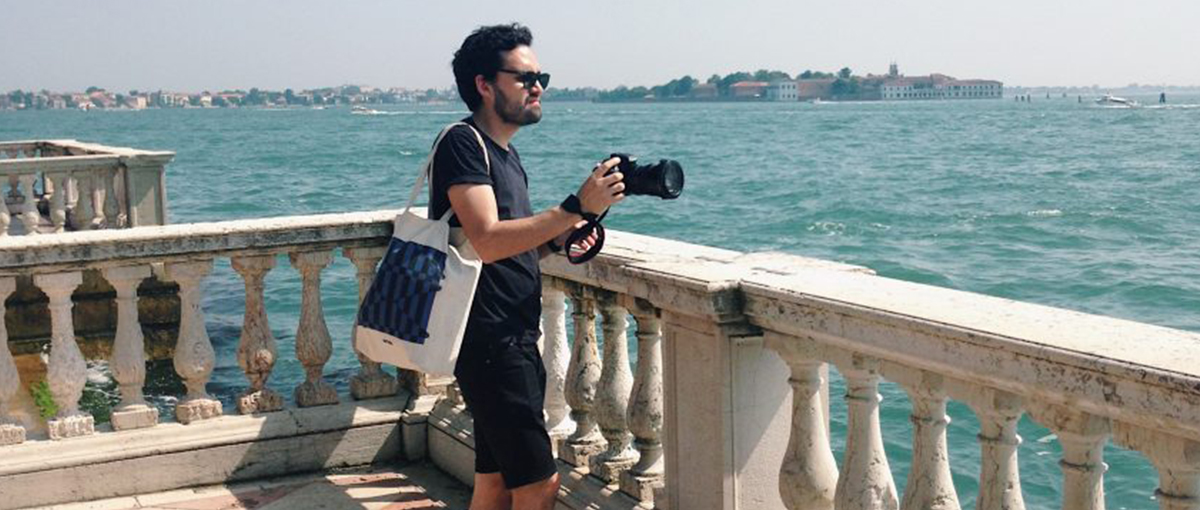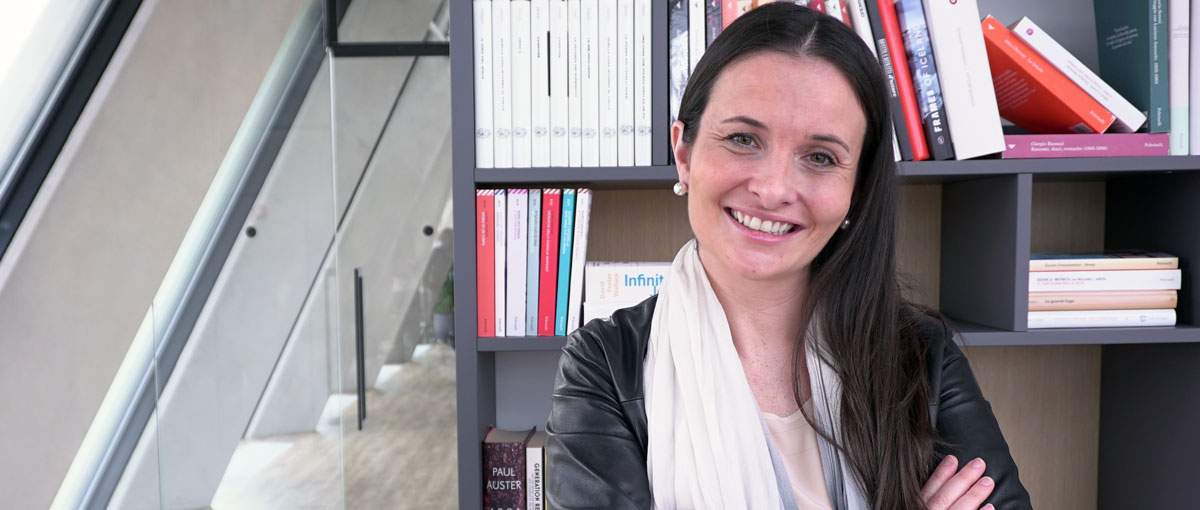
A graduate in “The Psychology of Marketing,” a previous job in the sales division of a large company, an MBA under her belt and a three-month experience in India that has left its mark: her name is Martina Pietrobon and she is Microsoft Italia’s new Head of Marketing. More particularly: she is one of our alumnae.
How did she achieve such a prestigious role? We asked her straight out!
Starting off in sales at Johnson & Johnson immediately after graduating, Martina quickly realised that her real interest lay in marketing. Looking around, she soon became aware that many of those at her company who occupied the role to which she aspired had an MBA behind them.
As she was highly ambitious, the decision was soon taken and she enrolled in MIP’s Full-time MBA program. Given Martina’s educational background in humanities and sociology, the Politecnico Business School’s “complementary” approach represented the ideal opportunity for filling in the gaps.
“I handed in my notice, while those around asked me if I was sure about leaving a permanent employment contract with a large company… but I was convinced that this was what I wanted to do in life”, Pietrobon told us.
It may seem strange to those entering the world of work today but even before her thirtieth birthday, Martina not only had a permanent contract but she had also never even done an internship.
So why leave this comfort zone?
“I am someone who, when she loves, loves with her whole being,” she explains. “Keeping a foothold in something that no longer gave me any satisfaction, even if it would have enabled me to hold onto a contract, made me feel tied down and would have been a limitation to the challenge that I was about to face. I said to myself, “In the worst case, you can always go back to doing what you did before at Johnson & Johnson, or at another company.” Resigning, for me, meant believing in this completely. At a certain point, you need to invest in yourself or you cannot expect others to do it for you. You’re the one who has to believe first and foremost, otherwise others will only see obstacles, the job you gave up during a period of economic crisis, the uncertain future…”
When Martina talks of her experience, her enthusiasm is palpable. It is natural to ask what the MBA has meant for her.
“It is as if the MBA gives you an encyclopaedic view: you know that each requirement in the world of work has a corresponding instrument to resolve it. Obviously, in one year it’s not possible to acquire all the tools to fix everything by yourself, and that’s also the beauty of the game. In the end, what you learn is that there are various levers, and the important thing is to know when, how and with whom to activate them. So what the MBA gave me was a 360° vision of the many tools ̶ including financial instruments ̶ that I didn’t know before”, she reveals to us. “You will understand that like in an engine, each part is linked to the other. For the engine to run properly, all the individual parts must be working well “.
So many concepts, then, but there is more and in fact, our alumna goes on to explain: “The MBA educated me, it certainly gave me skills but what it also taught me is that often it is the aptitude and attitude you have towards the willingness to learn which make a difference. What was fundamental for me was to have an approach that here at Microsoft we define as a growth mindset, namely the desire to face up to challenges and learn new things. I think that it is often arrogance that holds people back at work and stops their career from progressing. The MBA makes you understand that you know very little ̶ too little ̶ and that you need to keep yourself continuously updated and to stay proactive in your risk-taking”.
And, as our chat continues, it becomes clear that Martina really threw herself into the challenge. How? By choosing to complete her MIP educational experience with a three-month exchange programme in India at the Indian Institute of Management, Lucknow.
“I chose the IIM because it was the most renowned school for marketing in the Asian world. What I wanted to see were the features of marketing in that type of culture. Their approach is, in fact, very different from that which we study. In India, everything is based on numbers, even in marketing and communication. There, the common thread was provided by a numerical ROI based on financial KPIs. It was a very formative experience, both in terms of skills and culture. Three months in India – although in a renowned Business School – have a powerful, somewhat cathartic effect. To find myself in an international environment, meeting people whose culture and way of seeing things is so different from my own, enabled me to develop my soft skills in an extraordinary way…”
Having returned from India and received her diploma, Martina found that a new road in marketing was opening up ahead, first at Johnson & Johnson and then at Microsoft, until she reached the position she holds today.
These intermediate stages have given her so much: “When I started at Microsoft I was working in co-marketing with partners, a position that gave me less visibility than now, but one that allowed me to understand the business, the mechanisms of marketing and selling”, she explains to us.
Alongside the challenges she faces on a daily basis, this experience has made Martina the professional she is today. So, partly with a view to the future and to the new generations and partly looking back, we close the interview by asking what advice she would give to the recently graduated Martina of ten years ago, but also to our students who are now discovering their own professional paths.
With passion, Martina explains: “I was almost 30 when I finished my MBA. Perhaps I should have found the courage to do it a little earlier. Once I entered the world of work I realised that abroad, they graduate earlier than we do, they are able to do an MBA sooner and then get into the world of work before us…or at least, they got there before I did. So if I could go back in time, I’d find the courage earlier to hand in my notice and do an MBA”.
Then, thinking of the youngsters who are now embarking on their careers, she adds: “I was lucky not to have been part of the intern generation. Perhaps I was one of the last to avoid that. I didn’t do an internship, I started off working on a fixed-term contract for a large company. When you see that just a year later, people are beginning to have problems in finding work, you feel as if you are in a comfort zone. So really, the advice that I would give to myself and that I feel I can give to those who are approaching the business world today is that often, staying in the comfort zone does not allow you to really get into the game. If you are truly ambitious, don’t stick it out in those situations where “it’s not really all that bad”. It is precisely that “not all that bad” that locks people in and does not allow them to fly. It is as if at a certain point, a fledgling gets used to its cage and the relative security that provides. I think that every little bird should be trying to open that cage – not to furnish it! – and to take flight, even at the cost of colliding with a predator.”
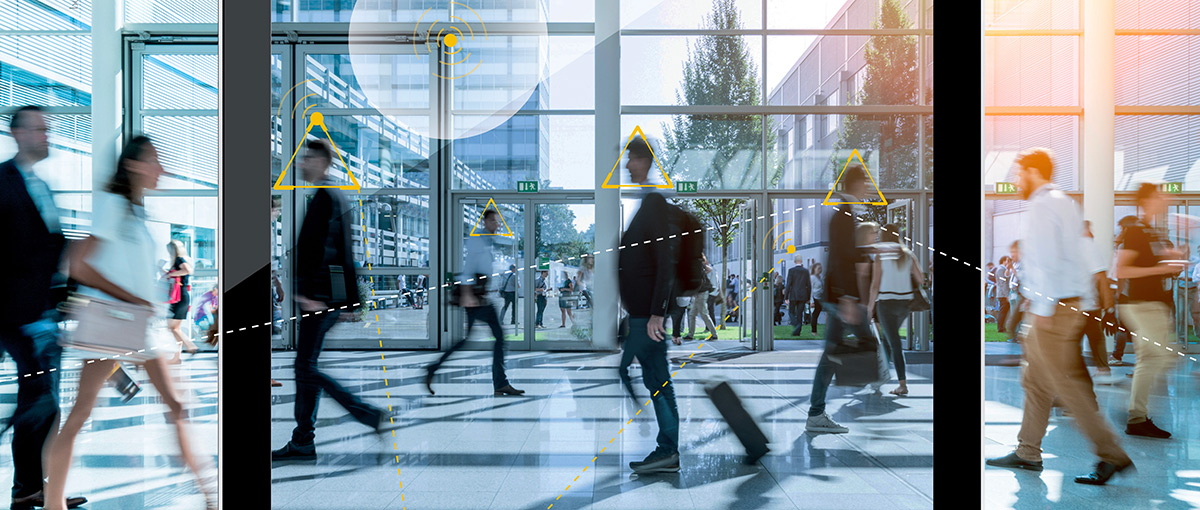
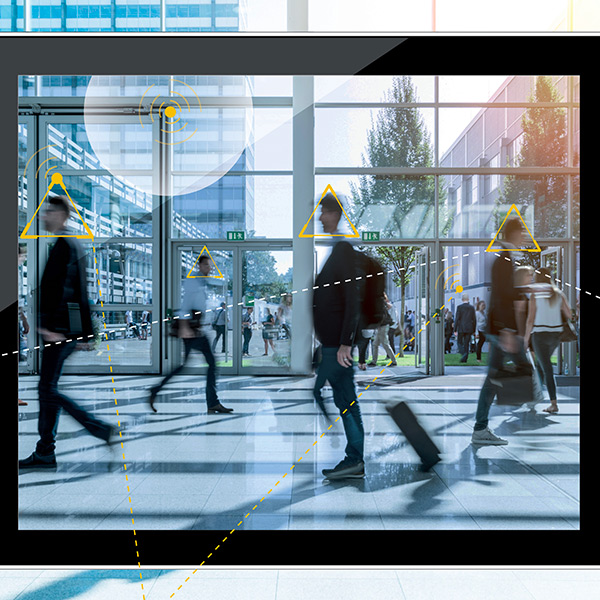
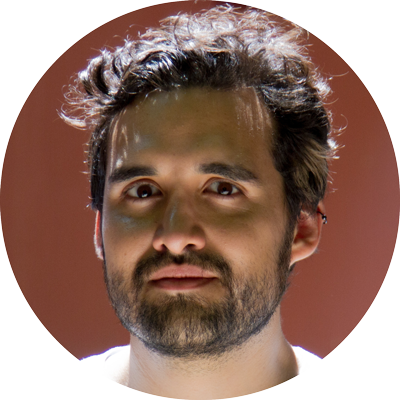

 From international trade to business development, Ernesto Ibarra’s career was thriving in his Northern Mexican hometown of Monterrey.
From international trade to business development, Ernesto Ibarra’s career was thriving in his Northern Mexican hometown of Monterrey.


